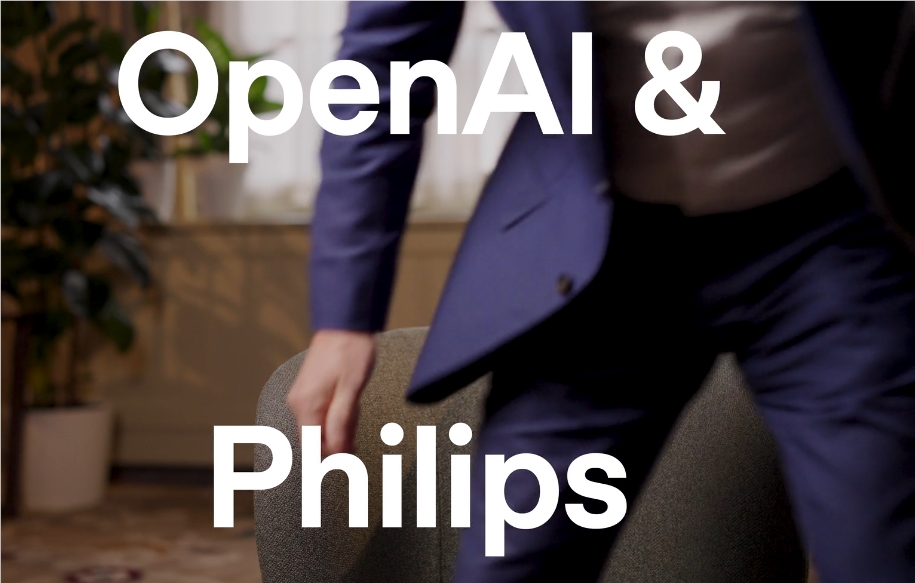Philips is elevating AI literacy to a company-wide capability to drive innovation and improve healthcare. As a company involved in personal health, diagnostics, image-guided treatment, and patient monitoring, Philips has embedded professional AI and machine learning systems in its products for many years. However, the current goal is to make all employees confident in using AI, not just specialized teams.

Patrick Mans, head of data science and AI engineering at Philips, said the company is taking a series of measures to improve AI literacy across the board, starting with employees experimenting with AI tools and gradually transitioning to practical application and innovation. To achieve this, Philips first directly trains executives, setting an example and encouraging other employees to participate. The company also launched a company-wide challenge, inviting employees to propose AI application cases and providing enterprise-level ChatGPT tools, which sparked employee demand and enthusiasm.
In promoting AI, Philips always emphasizes trust and responsible use. To build confidence, Philips starts with low-risk internal workflows, allowing teams to experiment in controlled environments. At the same time, Philips formally adopts responsible AI principles such as transparency, fairness, and human oversight, ensuring that employee confidence and skills are improved before AI is introduced into patient-related workflows.
Currently, Philips focuses on reducing administrative burdens in clinical settings, helping healthcare professionals free up more time to care for patients. Patrick Mans gave an example: a doctor spent 15 minutes treating a patient, but then spent the same amount of time on documentation, which could have saved more lives. Philips aims to help clinicians work more efficiently through AI, thereby improving the quality of healthcare services.
Philips is gradually shifting individual productivity improvements towards process automation and agent support. The company has established clear AI policies and responsible AI principles, aiming to allow doctors to return to their most important work: patient care. Mans emphasized, "We want to provide better care for more people, and AI is one of the most powerful tools to achieve this goal."
Key Points:
🌟 Philips promotes AI literacy, committed to making all employees confident in using AI.
🤝 Emphasizes responsible AI use, building employee confidence and skills.
⏱️ Goal is to reduce clinical administrative burdens, helping doctors focus on patient care.








